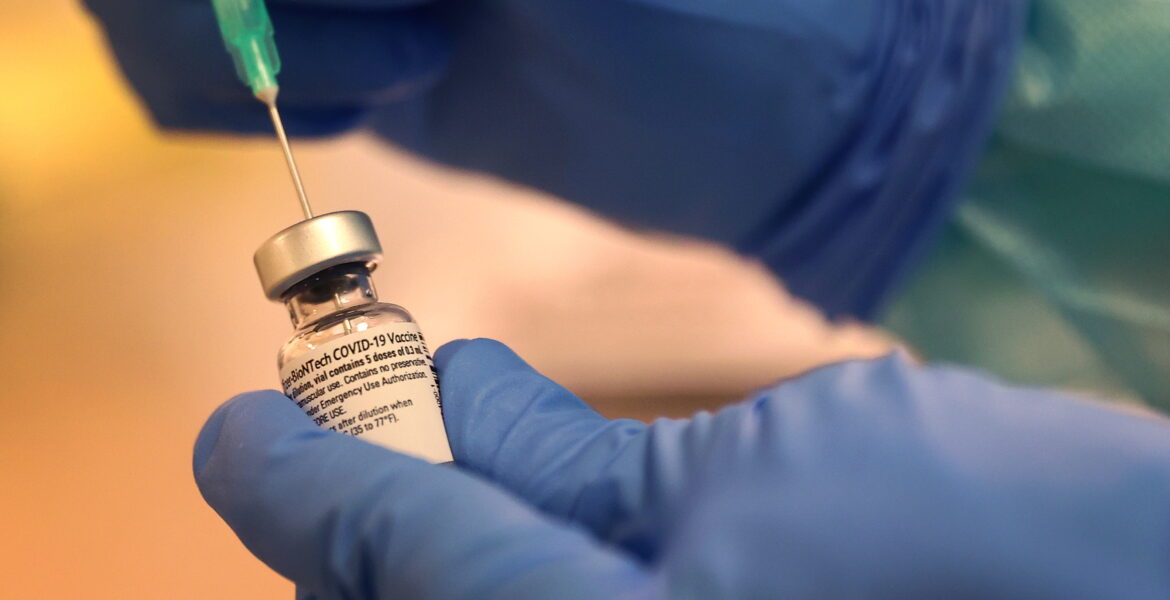The World Health Organization (WHO) assigned the Greek letter Omicron to a newly identified COVID-19 variant in South Africa on Friday.
The U.N. health agency recognized the strain, previously referred to as lineage B.1.1.529, as a variant of concern, CNBC reported.
Health experts are deeply concerned about the transmissibility of the Omicron variant given that it has an unusual constellation of mutations and a profile that is different from other variants of concern.
“This variant has a large number of mutations, some of which are concerning,” the WHO said in a statement released Friday. “Preliminary evidence suggests an increased risk of reinfection with this variant, as compared to other VOCs.”
South African scientist Tulio de Oliveira said at a media briefing on Thursday that the COVID-19 Omicron variant contains around 50 mutations, but more than 30 of these are in the spike protein, the region of the protein that interacts with human cells prior to cell entry.
Around 100 Omicron variant genomes have been identified in South Africa, mostly in the Gauteng province. The new COVID-19 variant has also been detected in Israel, Botswana and Hong Kong.
“There are two approaches to what happens next: wait for more scientific evidence — or act now and row back later if it wasn’t required,” said Sharon Peacock, professor of public health and microbiology at the University of Cambridge.
“I believe that it is better to ‘go hard, go early and go fast’ and apologise if mistaken, than to take an academic view that we need to reach a tipping point in evidence before action is taken.
"Rapid spread in South Africa could be due to super-spreader events or other factors. But there are sufficient red flags to assume the worst rather than hope for the best — and take a precautionary approach."
The European Union, the U.K., Israel and Singapore are among the countries to have moved to impose travel restrictions on southern African nations.
The WHO has cautioned countries against hastily imposing travel restrictions, saying countries should instead take a “risk-based scientific approach.”
South Africa’s foreign ministry said on Friday morning that the U.K.’s decision to take precautionary measures against the new COVID-19 vairant “seems to have been rushed as even the WHO is yet to advise on the next steps.”


